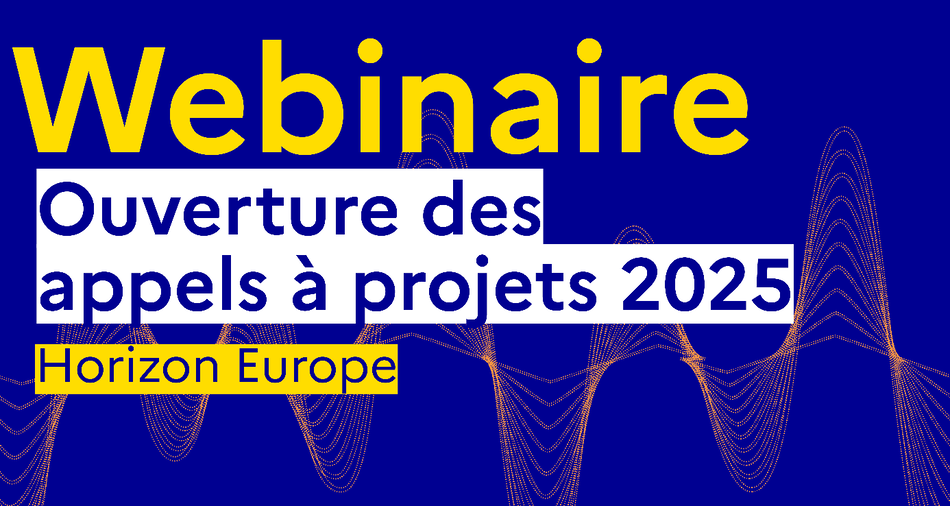ExpectedOutcome:
Selected proposals are expected to contribute to all of the following expected outcomes:
- Contribution to expanding the sustainable exploration of biodiversity hotspot regions, e.g., transitional waters, deep-sea, polar regions;
- Advances in the development of the next generation of sampling methods, technologies, as well as understanding of the legal frameworks within which the development process operates;
- Better preparedness to harvest aquatic bioactive substances in the most environmental friendly manner and support to green industrial bioprocessing with more sustainable bio-based products through bio discovery of novel sources and new biotechnology processes and applications;
- Expansion of bioprospecting from the screening for new chemicals into biological function;
- Advancement in understanding the ecology of marine or other aquatic ecosystems, including possibly the ones on water surface, in sediments, in the internal cavity of sponges etc.;
- Increased commitment to conserve and sustainably use the ocean’s genetic diversity and contribution to the understanding of potential trade-offs inherent in the exploitation of ocean, and other aquatic, biodiversity.
Scope:
Extreme environments with huge bio-resources still present enormous challenges for exploration and sampling operations. Challenges are often due to the depth, pH, salinity, temperature and pressure conditions, which make exploration technically difficult, risky and expensive.
Proposals under this topic should explore marine or other aquatic ecosystems with complex and extreme conditions such as temperature, pressure, alkalinity or acidity/pH level, extremely low nutrients, etc. with focus on extremophilic organisms capable of thriving/surviving in such extreme environments (e.g., deep hydrothermal vents, hypersaline lagoons, sub-seafloor sediments). They should develop or optimise tailor-made sampling methods, explore the metabolic, physiological and other adaptation mechanisms to such extreme ecological conditions and look for novel and highly efficient metabolites, drugs, enzymes and chemicals for industrial application.
They should disseminate their results in the most efficient and transparent manner considering the risks and ethics related to science & technology in compliance with EU regulations on access to genetic resources and the fair and equitable sharing of benefits arising from their utilisation (ABS) in the EU.
Selected projects should collaborate with each other.
In this topic the integration of the gender dimension (sex and gender analysis) in research and innovation content is not a mandatory requirement.
Specific Topic Conditions:
Activities are expected to achieve TRL 3-5 by the end of the project – see General Annex B.





